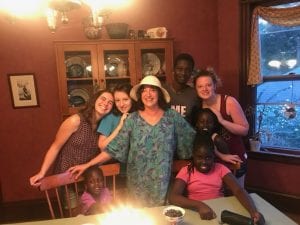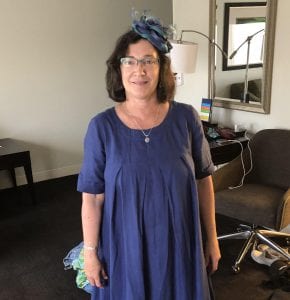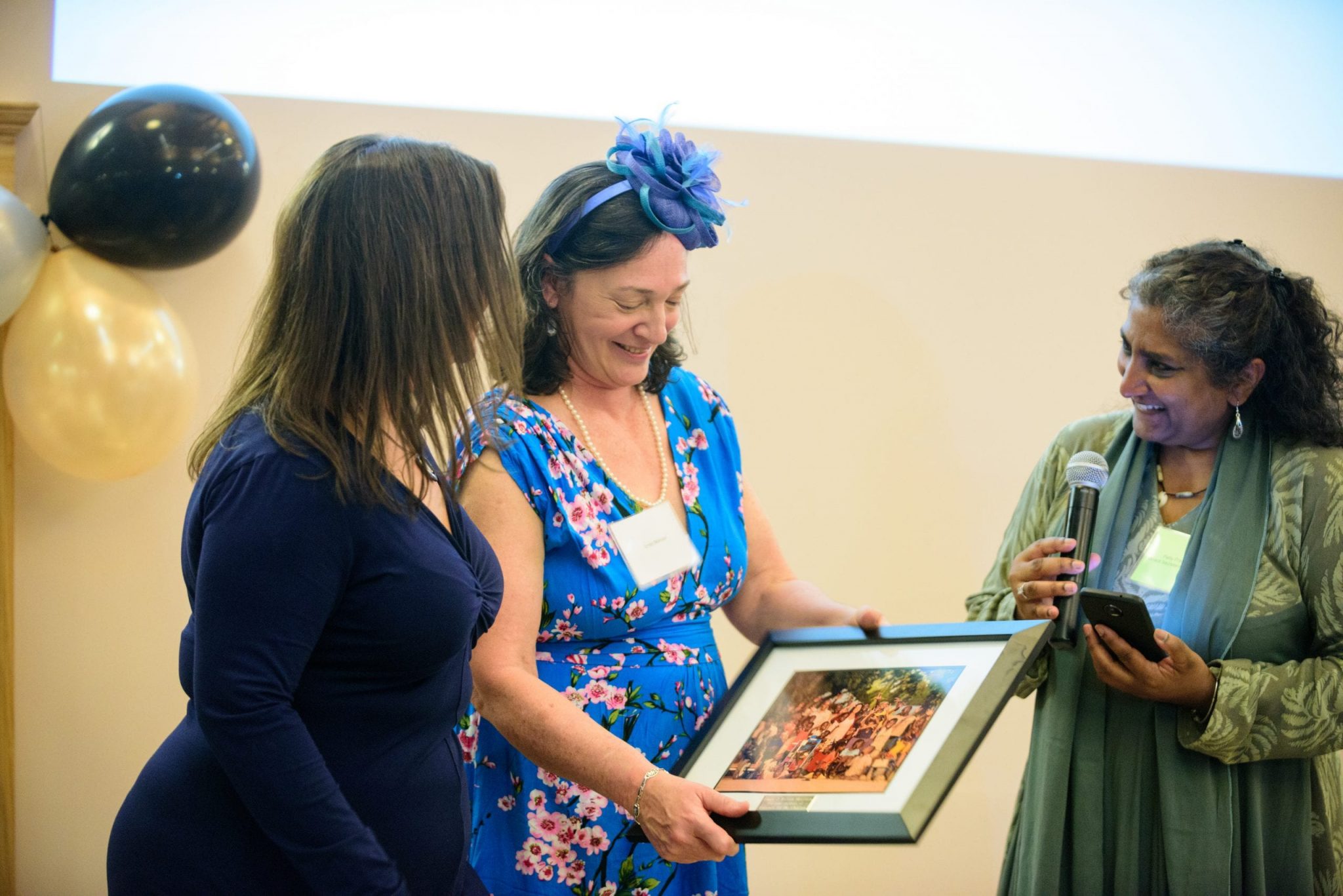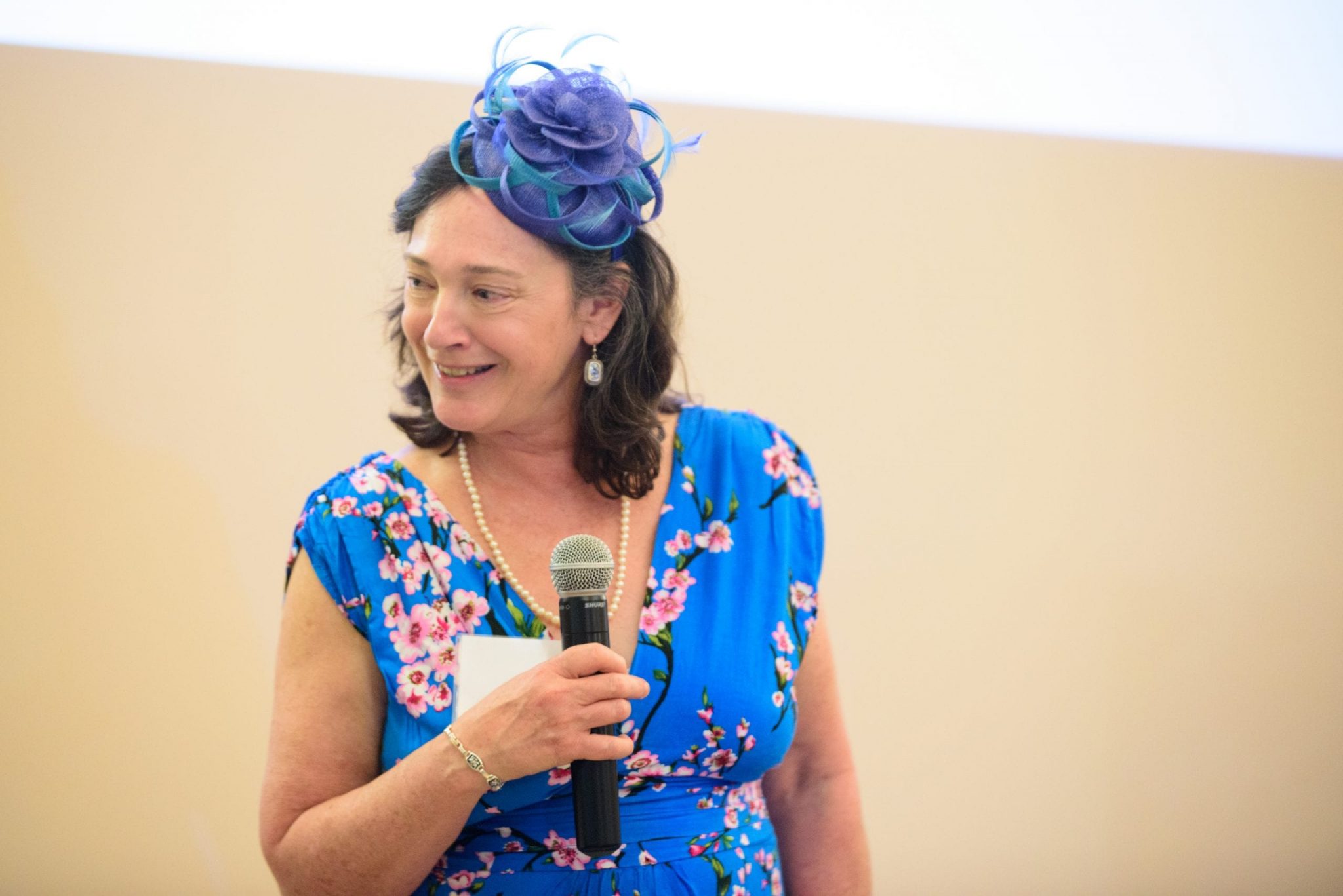How Do I Love a Body that Does not Love Itself?
by Kupenda
Posted on March 7, 2021
advocacy, auto-immune, auto-immune disorders, chronic pain, disability advocacy, disability education, donor, donor appreciation, education, inclusion, kenya, learning disabilities, poetry
So often we write and talk about disability, but what does disability actually feel like for the people who experience it? What is their physical and social reality like on a daily basis? How does their disability shape the way they see themselves and the world?
Earlier this month, one of Kupenda’s longtime friends and supporters, Emily Morrison, shared a poem and article she wrote about her experience living with an auto-immune disease for more that two decades. Her writing is powerful and heartbreaking – opening her world to us with great honesty and vulnerability. Calling on us to remember the 1 billion people on this planet who live every day with a disability. To remember and respond.
___________
How do I love a body that does not love itself?
When it attacks what it was created to protect?
As if a learning disability, a sleep disorder, and
melancholy is not enough.
Why, the relentless attack that divides my soul?
Why must Chronic pain, permanent joint damage, and mind-numbing fatigue be my daily companions?
Physical and emotional fatigue, disabling pain, an everlasting Cytokine storm raging within?
Why must my body cave in on me, and trap me in an endless cycle of lament?
Tell me, how do I love this broken body that takes pleasure in traumatizing itself?

Emily with her family at her 58th birthday
This past year has been a season of lament for much of the world, fear, isolation, and loss bring grief, loneliness, and questions as to who we are as individuals and a society. As some of you know, I have been living with an invisible disability for 26 years. It did not feel like a disability in the earlier years; however, as it was misdiagnosed, the disease had time to run amuck and cause permanent damage that is quite disabling now. During this season, I began writing Laments. The laments give me space for processing, not only my present physical and emotional state, but the other factors that play into the feelings of hopelessness, and moments of joy.
Some of the terms in my laments come from stories of Covid-19; I have not had it, as far as I know, but many of the symptoms are daily occurrences for me and others who live with auto-immune diseases. Given the forms of auto-immune arthritis I live with, most days, especially in the last two years, are filled with chronic pain, trouble with balance, and walking. A flare of disease leaves the body feeling as if a virus has invaded. The mind numbing fatigue is the perfect term for the physical, and mental fog that usually accompany fatigue. Covid-19 introduced the medical phenomenon Cytokine Storms as a common term. I am on my third biologic to treat my disease, the first two did not work. This third medication directly targets the protein responsible for Cytokine Storms, as my immune system does not need Covid to set off a storm within.
 I have been drawn to the world of disability since I was young. As an adult, through my work with organizations and individuals touched by disability, and my own experiences, I have come to understand how isolating disability is for the individual and their families. Our culture continues to remind us that those with disabilities are not as worthy: it is often a subtle message. The message is in our expectations: the more productive we are, the greater our value. This alone leaves little room for those with cognitive, mental, and physical disabilities. The numerous subtle messages create a more isolating dialog as to our self-worth.
I have been drawn to the world of disability since I was young. As an adult, through my work with organizations and individuals touched by disability, and my own experiences, I have come to understand how isolating disability is for the individual and their families. Our culture continues to remind us that those with disabilities are not as worthy: it is often a subtle message. The message is in our expectations: the more productive we are, the greater our value. This alone leaves little room for those with cognitive, mental, and physical disabilities. The numerous subtle messages create a more isolating dialog as to our self-worth.
This past year has brought stark images of how broken humanity is. Will we learn from this and change the way we view race, gender, health, and disability? Or will we have our roaring twenties as a time to let loose (we do need this too), and forget?

Emily Morrison receiving a donor appreciation gift at Kupenda’s 2019 Spring Celebration. Emily has given generously, both on her own and through her family foundation, to support children with disabilities in Kenya for more than 6 years. Hundreds of children are alive and thriving today because of her unwavering support and compassion. © Krista Photography | Krista Guenin – www.kristaphoto.com
Want to keep updated on Kupenda’s work?
You can follow us on Facebook, Instagram, Linked
And please also sign up for our monthly newsletter and updates here.
If you’re interested in supporting one of the many children we serve, head over to our sponsorship page to learn about how you can make a difference for just $30 / month.
You can also help children with disabilities stay safe and healthy during COVID-19 by donating here.



Leave a Reply